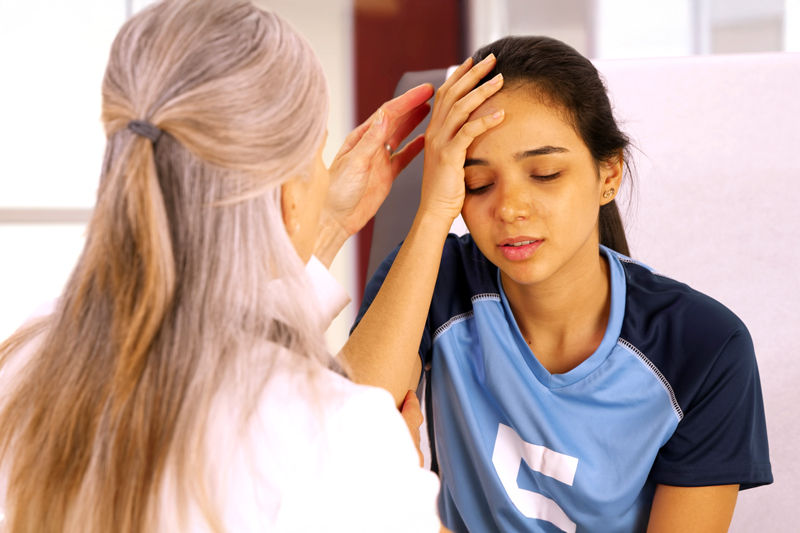Are there any risks to me if I give someone first aid?
- jude72
- Sep 20, 2022
- 2 min read

There’s no doubt that the past 2 years have made some people a little wary of interacting with strangers. The generalised fear of Covid has reportedly reduced people’s willingness to get in close personal contact with someone they don’t know and give them first aid.
But it is important to understand the real risks involved in attempting to give someone first aid. Bottom line is, the risks are actually very minor, if almost non-existent.
For example, people worry mostly that they might do harm if they attempt to help someone who’s been injured or had a heart attack and desperately needs CPR. It helps to know that the official motto of the Australian Resuscitation Council is “any attempt at resuscitation is better than none”.
What this tells you is that the highest organisation in the land supports you doing ANYTHING to try to help someone who needs it. So even if your CPR skills are as limited as having watched someone do it on a TV show or in a movie and you know that you have to pump the person’s chest then doing just that can often help and may indeed save their life.
Some people worry they might hurt someone doing CPR or break a rib or something. This is highly unlikely and very rare. (Naturally you have to be more gentle with children). But anyone who gets a rib broken during CPR is unlikely to complain to you later if you save their life!
Others worry they might get sued. According to published reports there are no known cases of people getting sued for attempting first aid on someone, even if they did slightly injure them. But did you know that legally you are more likely to be sued for NOT attempting to help someone if you did have the chance?
Some people worry about catching diseases from someone they are helping. Again this is rare. And the reality these days is that the experts agree you can do CPR without adding the “mouth to mouth” component and still bring someone back from the brink of death.
Another point is that while it is wise to get trained in using a Defibrillator, most of the modern versions are so smart they actually tell you what to do.
According to the figures available less than 0.7% of people get harmed themselves in any way from delivering or attempting first aid.
Remember if you don’t give or attempt first aid, often the outcome will be that the person dies. And being slightly injured is far less worse than dying. So don’t let fear prevent you from trying to help someone in trouble and if you want to get properly trained in first aid so your confidence in your own skills will be higher, book in now at www.resultsfirstaid.com








Comments